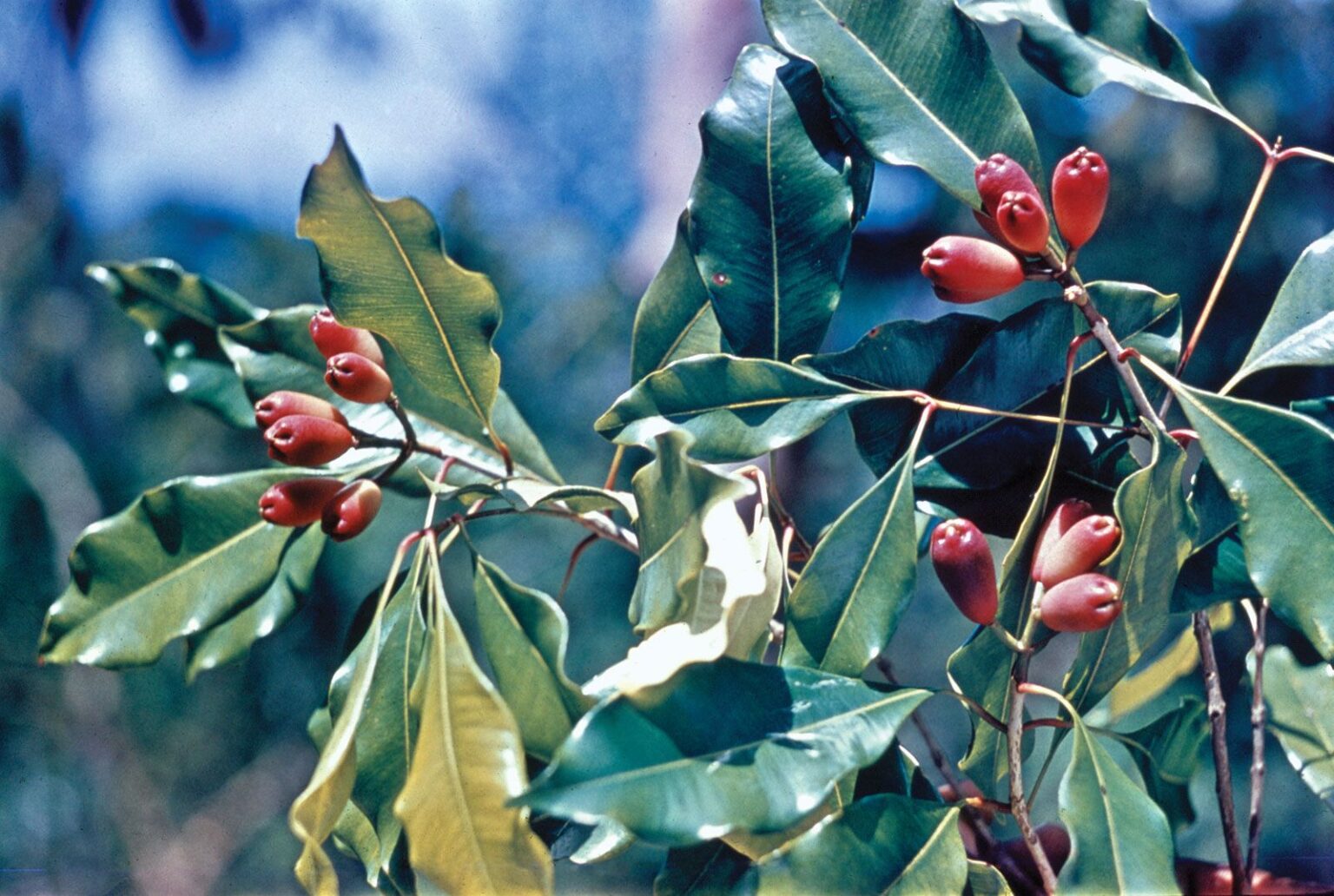- Indesso is a renowned world leader of Clove and Indonesian Essential Oils and their derivatives, commanding about 60 per cent of the global market share
- Local farmers have not been able to fully capitalize on the export market because they have been focusing on producing clove as a spice rather than an oil
- Indesso is an Indonesian Java-based clove oil-producing firm
Indesso, an Indonesian Java-based, clove oil-producing firm, plans to establish a factory to extract oil from ripe clove leaves at the Msasa IBC village in Muheza district of Tanga.
The project is set to create a livelihood for more than 1200 clove oil extraction farmers and might propel Tanzania to the largest clove oil producer in Africa.
Muheza is the fruit-producing district of the Muheza Region, widely known for the farming production of sweet oranges. With the development from Indesso, the area will become the leading producer of clove oil in the country.
Read: Report Insight: How Zanzibar economy performed on Q1
The project will set ground starting from October 2022. The clove oil churning mill construction comes after a three-year observation of clove producing areas on the Eastern side of the Usambara mountains of the Tanga region, the only source of cloves in East Africa in the 20th century.
The Muheza District agricultural officer, Adam Michael Nyenza, revealed that the clove leaves oil production initiative was commissioned three years ago. The initiative followed a visit from the High Commissioner of Indonesia to Tanzania, who praised the cloves grown in the Muheza District to be of high quality.
“When it comes to clove leaves farming, the Indonesian Ambassador, during his 2020 visit, wanted to create a business link between residents of villages in East Usambara Mountains and the traders in Java Indonesia,” Adam Nyenza said.
The processing factory set up by Indesso may propel Tanzania to become the largest clove oil producer in Africa.
Aloyce Elia Kibiriti, the Chairman of the Msasa IBC village, said that representatives from Indesso camped in the area and chose their village to construct the proposed clove leaves-to-oil producing factory significantly for export to Indonesia.
Chairman Kibiriti added that they had already secured land for the project, saying it would create employment for the farmers who lost their farms after creating the Derema Conservation Corridor.
According to Mr Kibiriti, Indesso singled out Msasa IBC village among seven others surrounding the Derema Natural Corridor due to the nature, type and quality of cloves grown in the Msasa farms.
Indesso is a critical manufacturer of Indonesia’s food, flavours, pharmaceuticals, cosmetics, and fragrance ingredients. The company is a renowned world leader of Clove and Indonesian Essential Oils and their derivatives, commanding about 60 per cent of the global market share.
Indesso primarily targets to process the clove leaves from the source to add value to the exports from Tanzania. The company has established a similar project in Zanzibar Islands, showing its commitment to invest in the East African region.
Indesso expands clove production to Zanzibar.
Read: Decline in clove prices affect Zanzibar’s forex earnings
Zanzibar is rising to a global well-known clove producer. For the longest time, local farmers have not been able to fully capitalize on the export market because they have been focusing on producing clove as a spice rather than an oil.
Indesso, through its first project in Zanzibar, has witnessed the annual income of the farmers rise from Tsh500,000-600,000 per family to Tsh1.5-2 million per head of family per year. In 2020, the firm established Indesso Tanzania (Zanzibar) Limited as a hub for clove oil extraction and trading activities.
Clove is a native plant to Indonesia and only grew in the Moluccas until Pierre Poivre smuggled the seeds out of the country to other parts of the world.
The local people in Tanzania, Zanzibar, will also gain additional earnings from the biomass waste of clove plants aside from clove oil extraction.
Read: Sector review: a glance at Zanzibar’s agricultural sector
